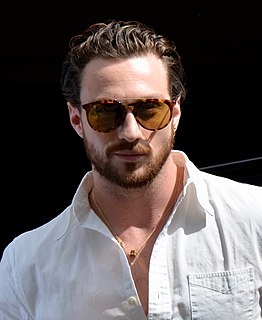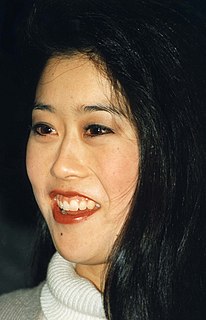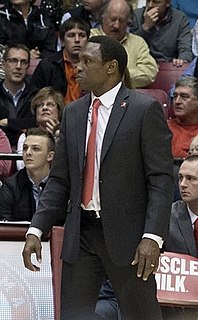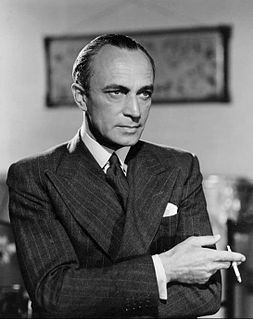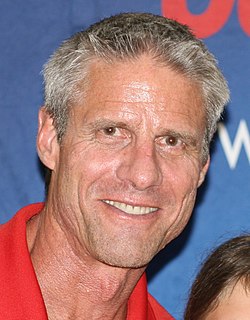A Quote by Isabel Wilkerson
My parents absolutely did not think of themselves as part of the Great Migration. They knew they were part of a great wave. No one really talked about it in those terms or gave it a name.
Related Quotes
At the beginning of the 20th century, before the migration began, 90 percent of all African-Americans were living in the South. By the end of the Great Migration, nearly half of them were living outside the South in the great cities of the North and West. So when this migration began, you had a really small number of people who were living in the North and they were surviving as porters or domestics or preachers - some had risen to levels of professional jobs - but they were, in some ways, protected because they were so small.
I think we need great artists making great work - women, men, whoever. I think what's great about TV now is there are so many different platforms that you can make really specific, specialized content. I wouldn't have gotten this part because I'm not really considered a "traditional romantic lead," so I created it for myself.
I was really fortunate. I don't believe in luck so I was really fortunate. God really blessed me in terms of my health. ... I was really healthy. But I tried to do my part in terms of preparation, in terms of perseverance. I tried to do my part to make sure that I was always ready to play and try to stay ahead of the game. I tried to beat people with my mind. I wasn't the biggest or the one that jumped the highest, but I had a real high basketball IQ and I knew it. ... I was a student of game and tried to prepare and be professional and have a good attitude. All of those things helped me have a long career.
When you ask people what it is like being part of a great team, what is most striking is the meaningfulness of the experience. People talk about being part of something larger than themselves, of being connected, of being generative. It becomes quite clear that, for many, their experiences as part of truly great teams stand out as singular periods of life lived to the fullest.
I think a lot about race and the burdens of representation. There's an idea that because I'm writing a book set around the time of the Great Migration, and happen to be black, I'm trying to write a definitive account of the Great Migration, the so-called "black experience." That's not what I'm doing, and it can be frustrating.
I remember a very nurturing, safe environment: everybody knew who I was, who my parents were, who my grandparents were, what part of Russia we were from originally. That was a really comforting feeling. Non-Mennonites, when they see that aspect of it, think it's a beautiful thing, and it is, but there's so much going on besides.


